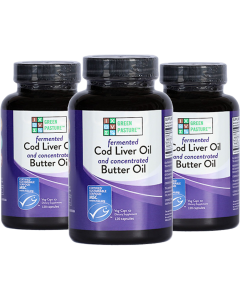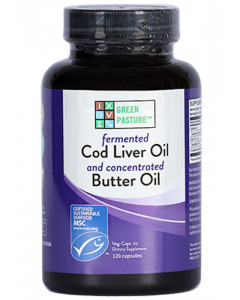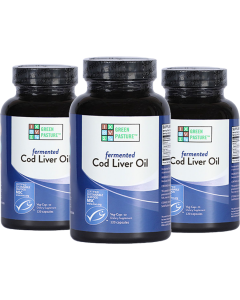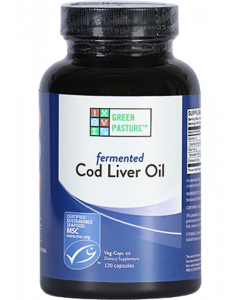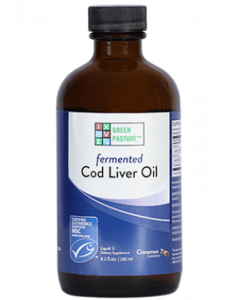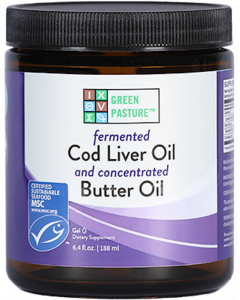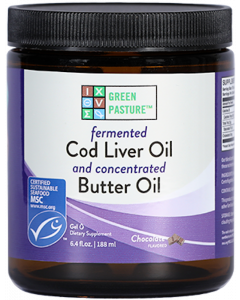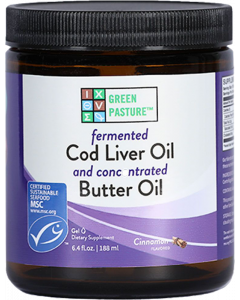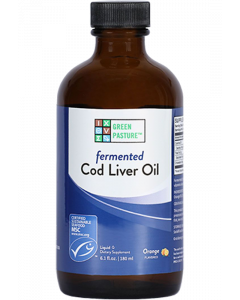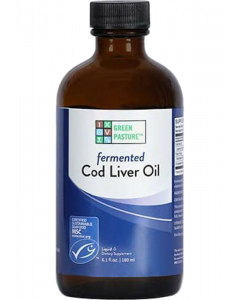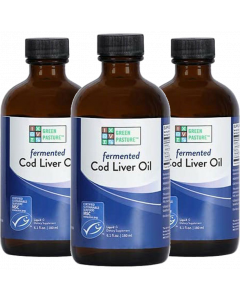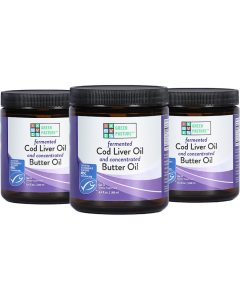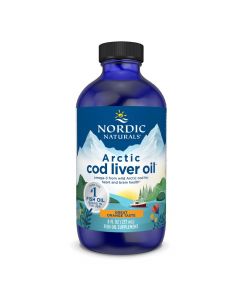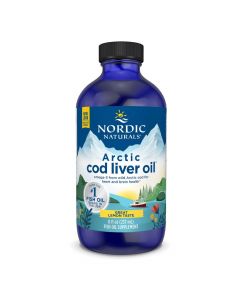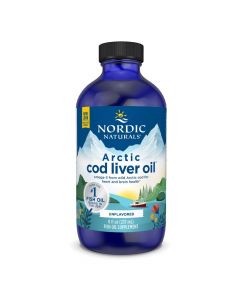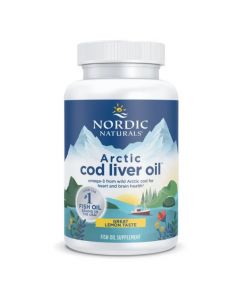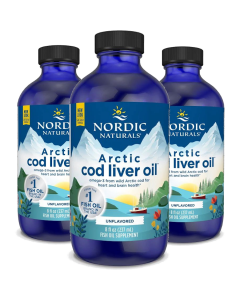-
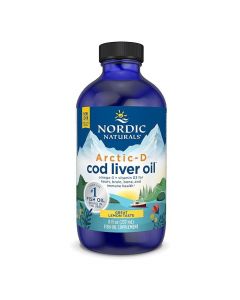 Nordic Naturals - Arctic-D Cod Liver Oil - Lemon - 237 mlShipped todaySpecial Price € 30.56 € 33.95(Starting at € 32,25 p/u)
Nordic Naturals - Arctic-D Cod Liver Oil - Lemon - 237 mlShipped todaySpecial Price € 30.56 € 33.95(Starting at € 32,25 p/u)
- Shipped today!
- Free shipping from € 45
- Postpay possibility
- Review score 9.4
- Earn reward points
- Shipped today!
- Free shipping from € 45
- Postpay possibility
- Review score 9.4
- Earn reward points
- Home
- Vitamins & Supplements
- Other Supplements
- Fish Oil
- Cod Liver Oil

Cod liver oil
Cod liver oil is one of the longest standing supplements that was first introduced in western countries. It is a food supplement that consists of fatty oil, extracted from the livers of fish, mainly Atlantic cod. This oil is rich in the highly beneficial omega 3 fatty acids, which have been used as a dietary intervention for a hosts of conditions.What is omega 3 and what is it good for?
Omega 3 is one of the most important pillars of the human diet. They provide the raw materials for the production of anti-inflammatory compounds known as eicosanoids. Without these, our body would not be able to counteract the pro-inflammatory responses. In addition, omega 3 (especially EPA and DHA) are important components of cell membranes and are needed in the brain for optimal functioning. The two primary types of essential fatty acids are classified as omega-3 and omega-6. In the western diet, we consume plenty of omega-6, but generally, not enough omega-3. This is important because omega-6 provides the raw materials for the production of pro-inflammatory molecules, while omega-3 provides those materials for anti-inflammatory molecules. Omega-3 fatty acids include ALA, EPA and DHA, and the best sources of these remains marine life.
What is cod liver oil good for?
As mentioned, cod liver oil has been used for a host of applications including as a nutritional remedy for rickets, a bone deformation condition seen among children (Source: NCBI). More recently however, the EU commission for food regulation have approved several health claims relating to the omega 3 fatty acids EPA & DHA:
- DHA contributes to the maintenance of normal brain function
- DHA contributes to the maintenance of normal vision
- EPA/DHA contribute to the maintenance of normal blood pressure
- EPA/DHA contribute to the maintenance of normal blood triglyceride levels (Source: FSAI)
Do I need a fish oil supplement?
That's a good question! The answer depends on the person asking the question. Fish oils are one of the richest sources of omega 3 fatty acids, however, there are many plant-based sources too such as chia, hemp and flaxseed.
The problem with these is that they do not contain high amounts of EPA and DHA which are the crucial fatty acids. If you do not consume a lot or fish, a supplement might be a viable option.
What fish oil supplement is best?
Another great question! As always, we like to remind every customer to ensure that they are considering shopping from a trusted and reputable brand. This brand should list all of the ingredients used and leave no question unanswered for the consumer. You need to know exactly what you're putting in your body right?!
In terms of fish oils specifically, you will want to go for those that have sufficient levels of both EPA and DHA. According to the Institute of Medicine, the adequate intake (AI) for ALA is 1.6g for men and 1.1g for women (Source: IOM). The AI is set for ALA because it will be converted in the body to EPA and DHA. When shopping for fish oil supplements, just make sure there is a sufficient dose of ALA, EPA and DHA. You can find these on the label of most products.
Key health aspects of cod liver oil
Raw material for anti-inflammatory molecules
As mentioned, omega-3 fatty acids (EPA and DHA)in cod liver oil provide the body with the precursors for the formation of anti-inflammatory molecules known as eicosanoids. (Source: NCBI) Anti-inflammatory molecules are imperative in the body to defend against swelling, tissue damage and other negative responses to oxidative stress.
Cognitive ability
There is a wealth of evidence stacke din favour of the cognitive-related benefits of omega-3 fatty acids. Some have shown that regular supplementation can protect against cognitive decline in adults: better performance on tests of nonverbal reasoning and mental flexibility, working memory, and vocabulary with higher DHA status. (Source: NCBI)
With regard to children specifically, intervention studies have shown improved maternal DHA nutrition decreases the risk of poor visual development. (Source: NCBI)
Muscle maintenance
Omega-3 fatty acids are known to enhance protein synthesis, the process of building or synthesizing new muscle tissue. One study showed the anabolic properties of algae oil in young and middle aged adults. (Source: NCBI)
In addition, it has also been shown that supplementing with omega-3 fatty acids can reduce the onset of delayed muscle soreness. (Source: NCBI) This can help you recover faster and get right back into the gym!

